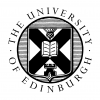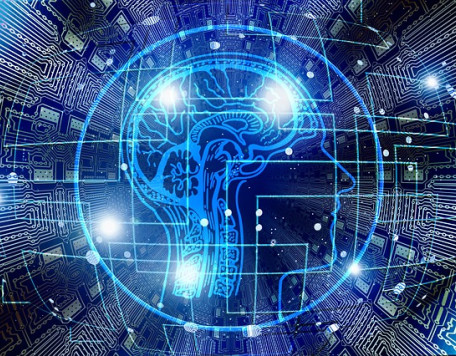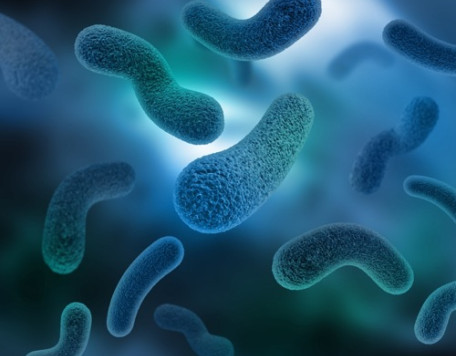© Pint of Science, 2025. All rights reserved.
Join us as we zoom into the microscopic world with AI, exploring how it helps map the millions of cells in our bodies. Then, shift gears to tackling climate change, where AI is helping us track pollution in real time, from factories to power plants, using satellite data.
How to find and classify cells in very large microscopy images?
Thibaut Goldsborough
(PhD Student )
Microscopy images can be huge and zooming in and out of them can be like exploring Google maps. At first, all you might notice are regions such as muscle, fat, mucous, or a tumor. However, to get the full picture you need to zoom all the way in to see the shape and size of individual cells and how they all interact. Studying these requires specialized AI tools that can efficiently detect and describe the millions of cells that make up our organs.
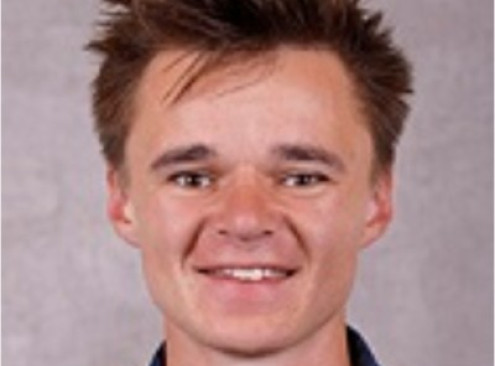
AI and Satellites: Tackling Pollution from Space
Dr Douglas Finch
(Senior Research Scientist (School of GeoSciences))
To tackle climate change we need to know where pollution is coming from. This sounds easy, but do you know where all the power stations are in the world? And if they were running at full capacity yesterday? Do you trust a factory in the middle of nowhere that reports its emissions as the same nice round number year on year? We need a monitoring system that can tell us where and when pollution occurs. Find out how we’re using AI and the ever-growing amount of satellite data to pinpoint pollution across the globe.
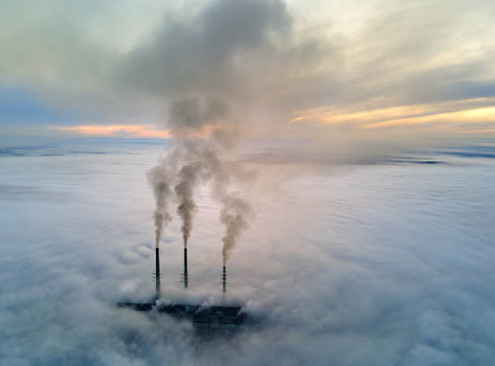
Map data © OpenStreetMap contributors.
Other Leith Depot events
2025-05-19
Navigating the Big Data Maze
Leith Depot
138-142 Leith Walk, Edinburgh, EH6 5DT, United Kingdom
2025-05-21
Bug Battle 101
Leith Depot
138-142 Leith Walk, Edinburgh, EH6 5DT, United Kingdom
